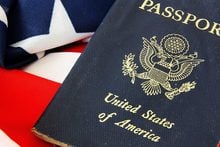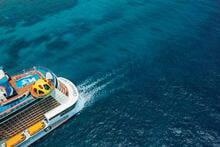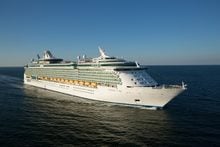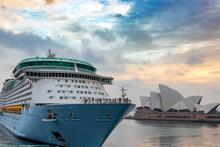Going on a cruise ship means new challenges, but how can you balance vacation fun with best health practices?

Covid-19 has changed not just the protocols onboard cruise ships, but how guests approach vacation. So what should you do to better protect yourself along the way?
Since I'm not any kind of health expert, I reached out to Dr. Anthony Harris, M.D, M.B.A, M.P.H. to share his recommendations.
Dr. Harris is the CEO of Hfit Health, where he focuses on how to keep the workforce healthy and the public in general healthy from an exposure standpoint. His company has worked as a corporate medical director with multiple Fortune 50 Fortune 100 companies during the pandemic.

Most importantly, Dr. Harris has kept tabs on the best ways to travel safely with updated regulations.
Wear a K95 mask
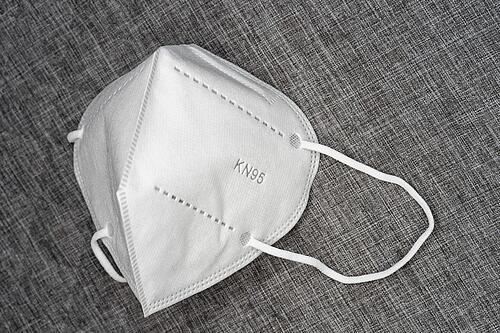
Since face masks are required by Royal Caribbean (and other cruise lines) while indoors, your best bet is wear a K95 or KN95 mask.
While these masks are meant to be disposable, Dr. Harris says it's possible to wear them multiple times, "If we're talking about how long, it depends on how often and what environment you're wearing the mask. If they become soiled with either water or different materials, then you want to evaluate and make sure that it's not preventing the mask from performing normally."
"If your mask has not been any tremendous soil scenario, throw it in a paper bag and it'll be nice and fresh for you in the morning."
Moreover, you want to ensure you have enough masks for the entire cruise, "Don't bring just one. Bring some backups."
Read more: My best advice for going on a cruise ship in early 2022 during Omicron
Social distancing
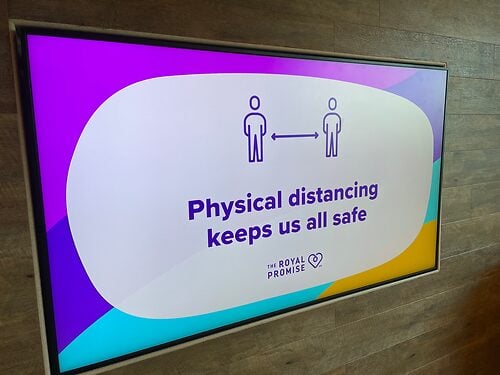
While Royal Caribbean has instituted changes onboard its cruise ships to keep passengers spaced apart, you can avoid being close to other people when possible.
"Be mindful that if you don't have to be elbow and elbow with someone as you're sitting and talking about and enjoying the the views over the bow."
Prioritize being outdoors
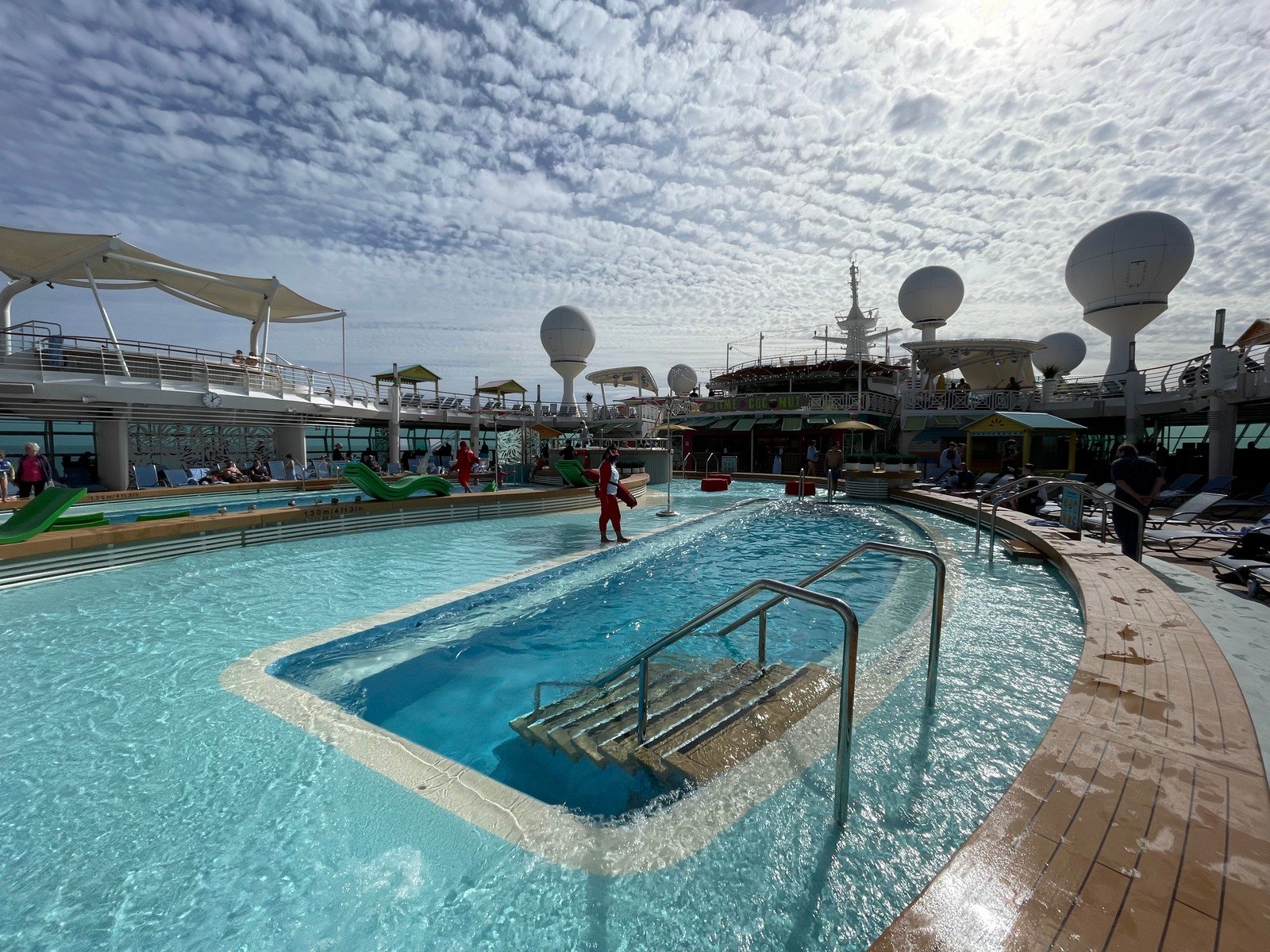
When possible, try to spend more time outside than inside.
"We know that being outdoors dramatically decreases your risk of transmission," Dr. Harris recommended. "You're outdoors, you can be a little bit more open in terms of your social distancing and your risk goes down."

Dr. Harris said the reason why being outdoors is important is air movement. Covid is an airborne illness, and Dr. Harris says studies have shown the more air movement you have, the better you are in regards to your risk of transmission.
While you are indoors, Royal Caribbean has already adopted an air flow strategy that mirrors what Dr. Harris recommends, "a standard that we use in health care and facilities is about six times an hour."
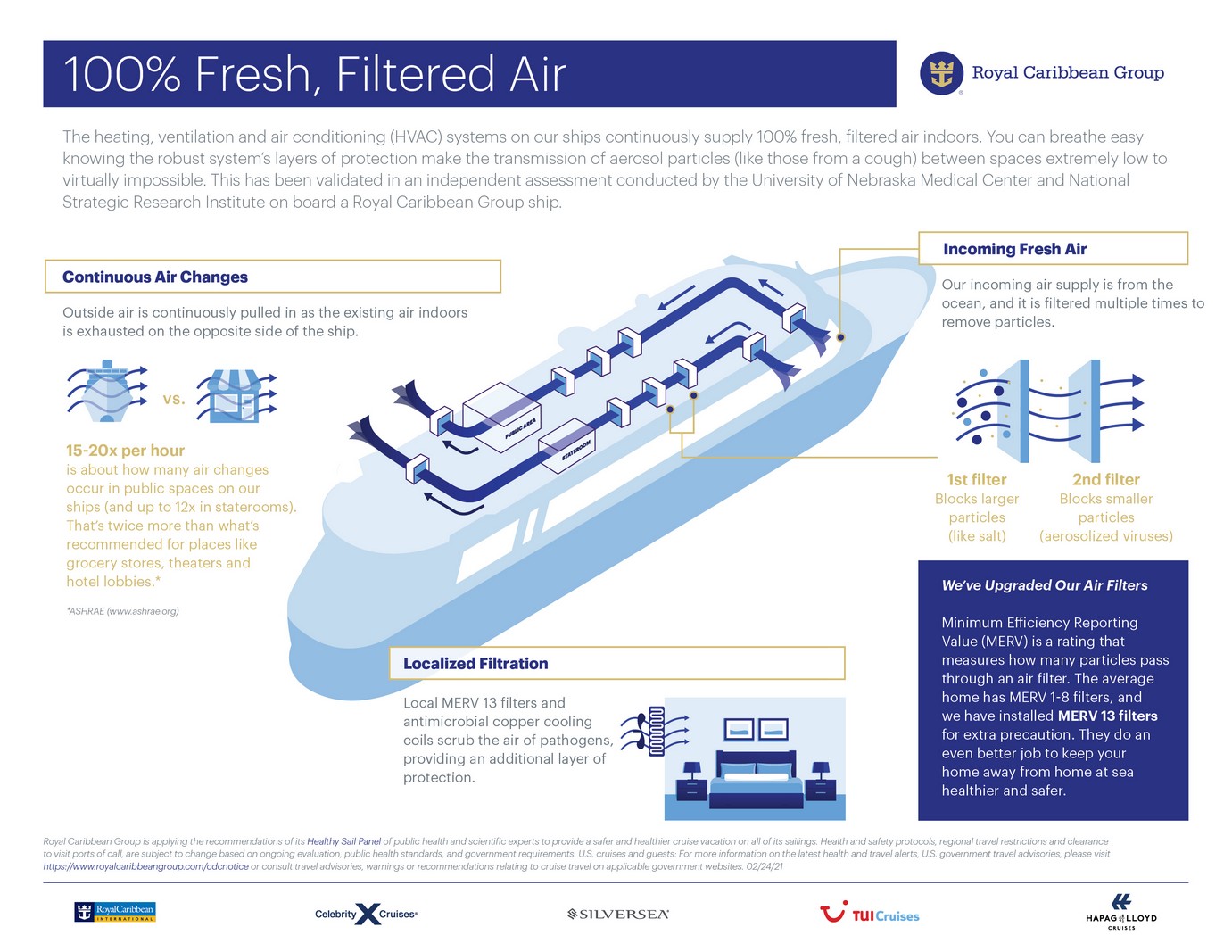
Royal Caribbean adjusted shipboard settings to allow for the maximum air changes per hour and upgrading to MERV (Minimum Efficiency Reporting Value) 13 filters throughout the system.
In fact, Royal Caribbean says outside air is pulled in as existing air indoors is exhausted on the opposite side of the ship 15-20 times per hour (and up to 12 times in staterooms). That's twice more than what Dr. Harris recommended.
The bottom line for Dr. Harris is just being aware of your surroundings, " be mindful, but don't be fearful, particularly when you're in those settings where you have adequate air movement to reduce your risk."
Read more: New study shows "exceptionally low" risk of airborne particles on cruise ships
Let the crew know if you aren't feeling well
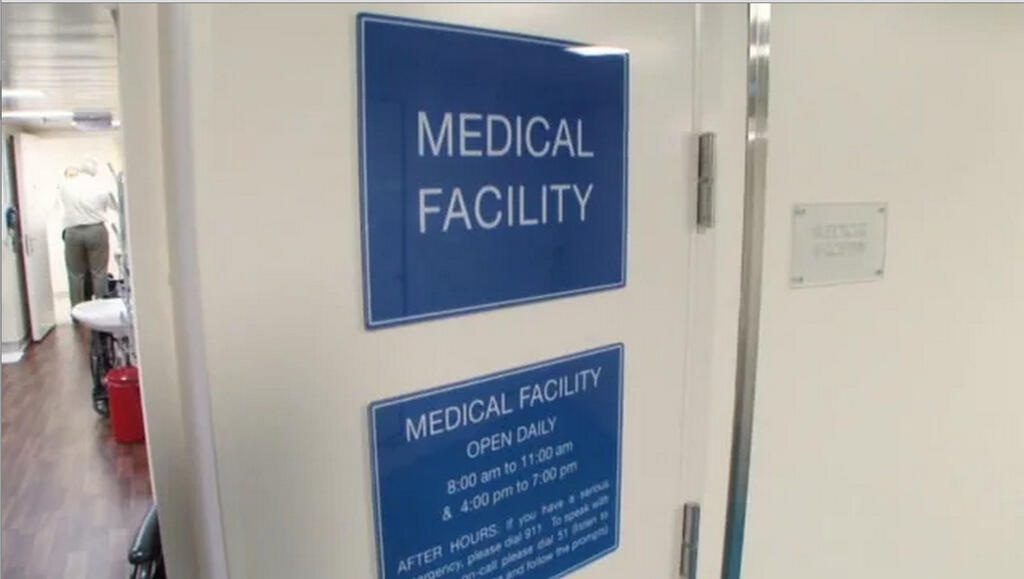
If you should start feeling less than great, you call the medical center onboard.
"Don't hesitate if you should start having any symptoms whatsoever to go and get tested while you're on the cruise."
"You're going to protect the everyone else that's on the on the cruise with you, and you're going to allow the majority of people to enjoy their time without concern or fear around transmission."
Read more: What happens after testing positive for Covid on Royal Caribbean cruise ship
Myth: Should you take an antigen test if you recently had Covid?
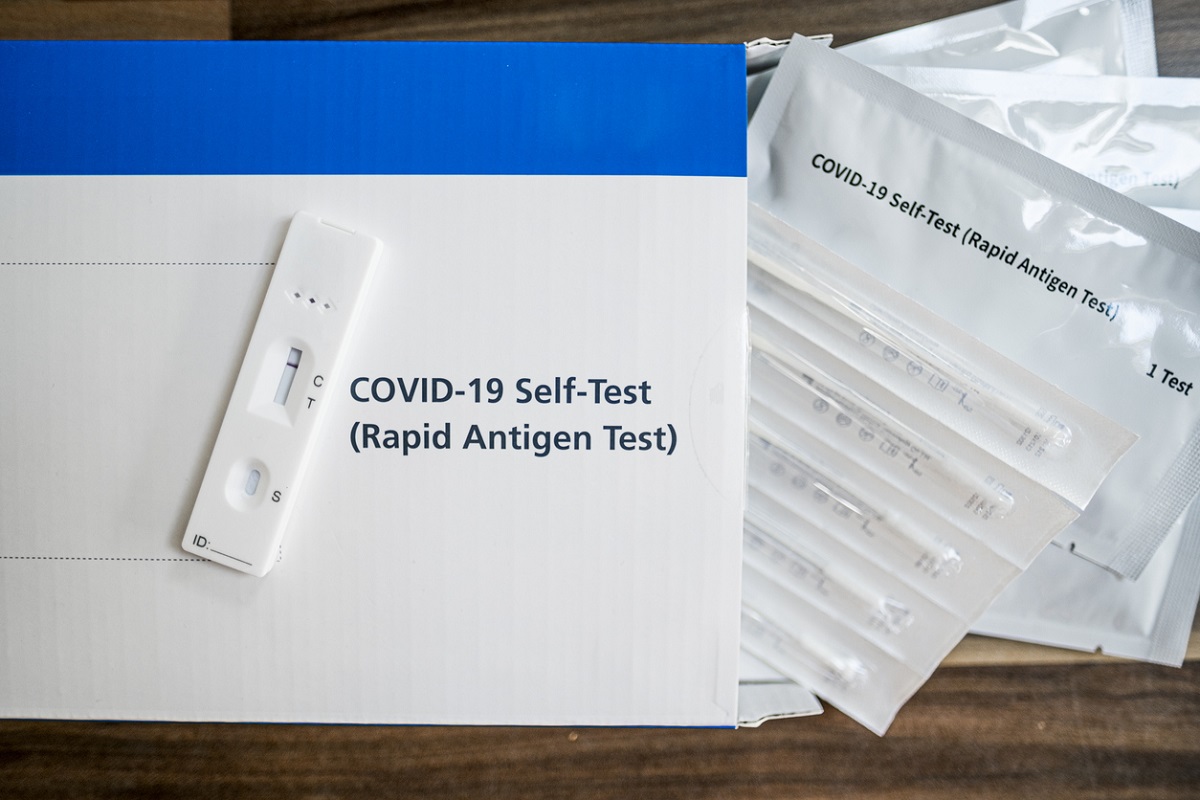
I asked Dr. Harris about a concern a number of cruise fans have about testing positive well after recovering from Covid in a PCR test.
RoyalCaribbeanBlog.com reader Mark Elliott posted last week on our message boards what to do about taking a test months after you had Covid without getting a positive result.
Other readers recommended an antigen test instead of a PCR test, but is that a good idea?
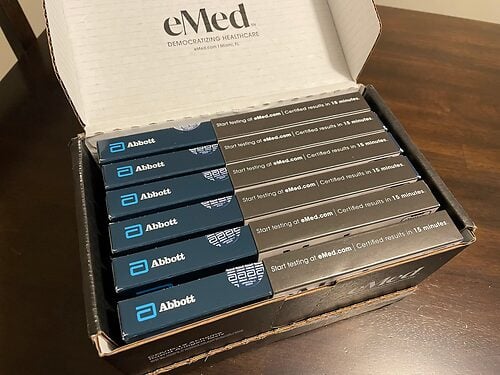
Dr. Harris confirmed Mark's initial concern, "PCR can show that someone is positive for COVID beyond their period of infective infectiousness."
"If you're 10 days after the onset of your symptoms, you are generally no longer infected or infectious. And that's the standard that CDC still has that we use in the clinical community."
If you're past the 10 day period, Dr. Harris said an antigen test is fine, "After that 10 day period, if you can show, and if it's acceptable, a negative rapid test, that's okay."
"Because, again, you're not putting people at risk if you're outside that that time window in terms of exposure to others."
Should you test after your cruise is over?
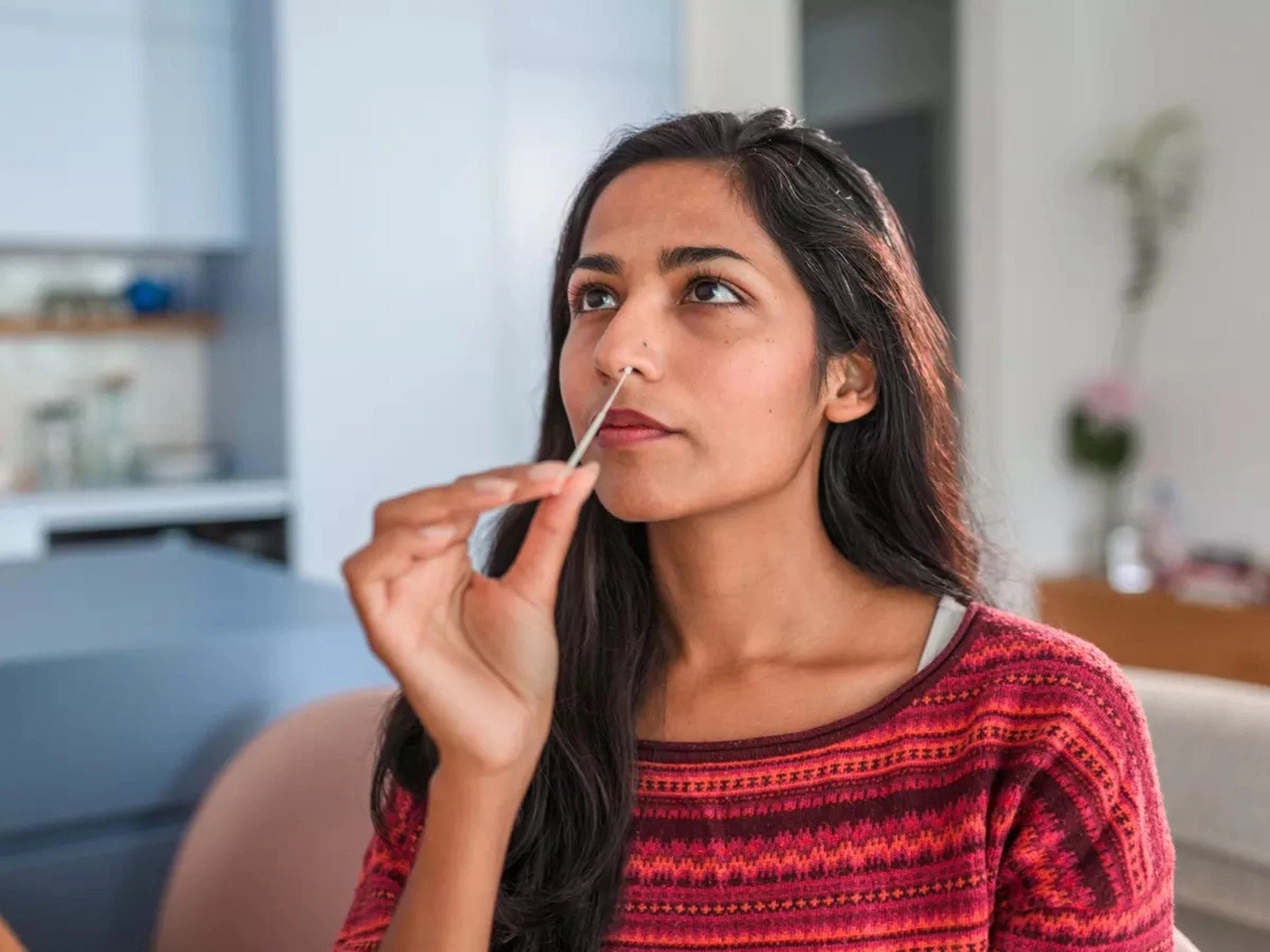
Assuming you go through your cruise vacation and get home without feeling sick at all, should you still take a Covid test?
Dr. Harris says the answer depends on your situation, "Should everyone test as soon as they get home? Perhaps not."
"You live alone. You're not going to be around anybody with vulnerable predispositions, then you may not need to test."
"But certainly, if you're coming home to grandma and your 90 year old mother or somebody with pre-existing condition...then it's reasonable to go ahead and test."
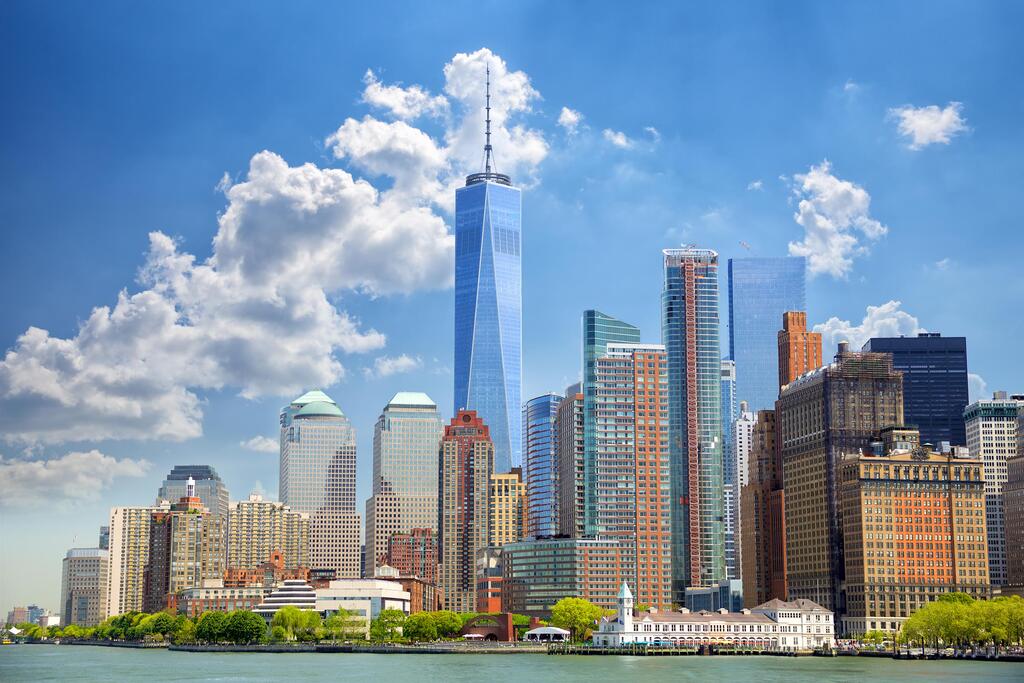
When should you test exactly after your cruise? Dr. Harris says a test immediately and a few days later makes sense.
He recommends a test when you get home, and then again three days later.
Dr. Harris emphasized testing after the cruise is only necessary for some people, not for everybody, but definitely consider it if you have people in your household who may have pre-existing conditions."
What should you do if you test positive before or after the cruise?
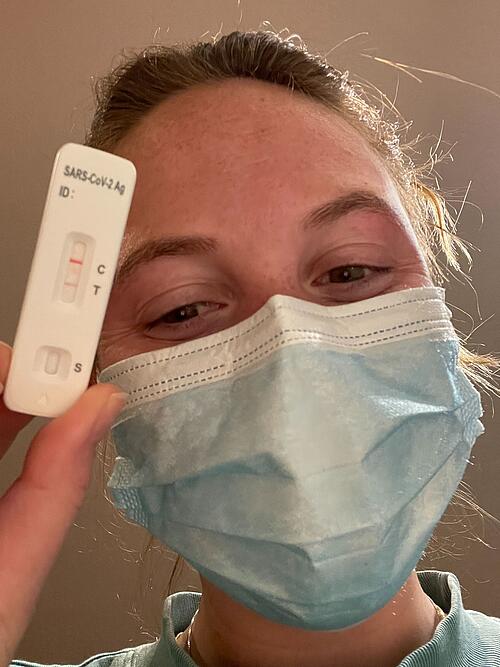
What if you take your Covid test before the cruise and you test positive before you ever board?
Dr. Harris says the first thing to do is test again, "Is it a true positive? There are still some false positives out there. And so consider getting a second test."
If the second test comes back positive again, then you want to quarantine yourself. Dr. Harris recommends looking for an Airbnb instead of a hotel room for the comfort level it provides.
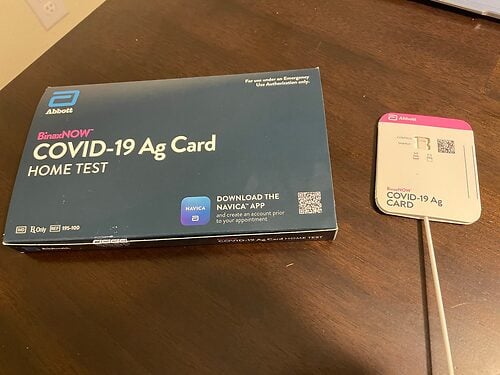
"Certainly protecting others in that scenario means you're not getting on the plane to travel back to your house while you have a positive result from Covid, staying in place, and using the new guidelines."
After five days, if you test again and you're negative, you're good to travel home.
Read more: I had to cancel my cruise because I caught Covid, here's what happened


